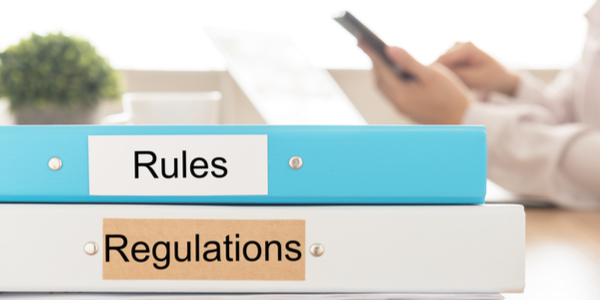Even those who have applied for or sponsored H1B work visas in the past, may not be aware of all the various rules and strategies for applying. Some of these are almost a secret, or rarely used, while others are required steps that some applicants will not have prepared for.
Here are four interesting, but largely unknown, facts and rules about the H1B visa process:
-
-
Foreign Credential Evaluation
-
One of the core requirements to obtain an H1B visa, is that the foreign workers has to show that their educational degree (Bachelor’s or Masters) is equivalent to a degree from a US university. This means submitting a Foreign Credential Evaluation as part of the petition from a credential evaluator (private firms who are not a part of the USCIS or other agencies).
Since almost all H1B visa applicants will need this (unless they were educated at a US university), these evaluator services can have a backlog of cases, delaying the H1B visa petition especially as the annual lottery approaches. So, it is a good idea to get the FCE done early in the process, and if there is an issue it can be amended in time to enter the lottery.
-
-
One H1B Visa Workers with Multiple Employers
-
The USCIS recently took to Twitter and revealed a little known existing rule in the H1B program. They tweeted:
“In general, H1B workers may work for more than one employer but must have approved I-129 for each. New employers must submit an I-129 petition before you may begin working.”
This came as a surprise to many H1B visa commentators and analysts, since there has been little publicity about the rule. However, it is unclear exactly how this would work (the USCIS did not explain in their tweet), since an approved H1B visa petition must have a full-time salary ($60,000 minimum), unless there is some way to ‘share’ the foreign worker between two different companies. We are hoping for more clarification on this strange social media ‘announcement’.
-
-
Applicants with Master’s Degrees Get Two Chances in the Lottery
-
The annual lottery process has a built in ‘two-for-one’ chance at selection for Master’s degree holders. There is a separate quota for Master’s degrees of 20,000 H1B visas, and that lottery takes place first. If the applicant is not selected, they are automatically entered into the second lottery of 65,000 visas, effectively giving them two chances to be selected, from just one petition.
-
-
Sponsors Whose Applicants Don’t Make it in the Lottery Can Poach Existing H1B Workers
-
H1B visa workers in the US are part of the overall labor market, and do not have any special protection from being hired away from their original sponsor. If a new sponsor fails to gain an H1B visa worker in the lottery, they are free to recruit from the current pool of highly skilled H1B foreign workers, who might be open to higher pay or a better position.
Of course, the new ‘poaching’ sponsor will have to submit a petition for an H1B visa transfer, but this is not subject to the lottery and can be done any time during the year. Further, the foreign worker has no obligation to tell their current employer that a competitor is applying for a transfer, and if it falls through the worker is no worse off.
Given the competitiveness and need for foreign technical talent, we may see more of this in the future as the H1B visa program tightens the approval and vetting process.
- December 18th, 2017
- 1

I am currently working in India as General manager in Pharmaceutical company. I am looking for sponcer for H1B visa. Please suggest the agencies or consulting firms who has good record in this field. If any other way then you please suggest by email. [email protected]